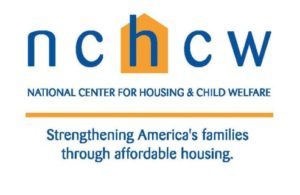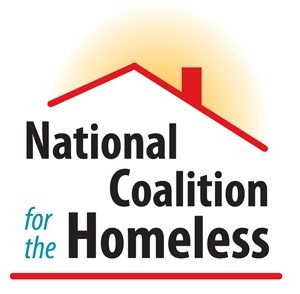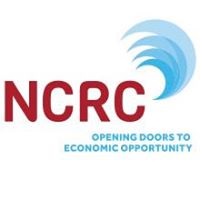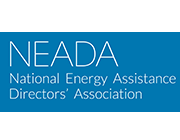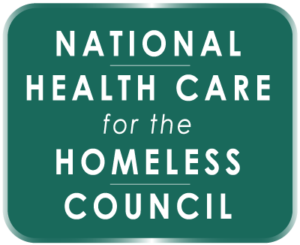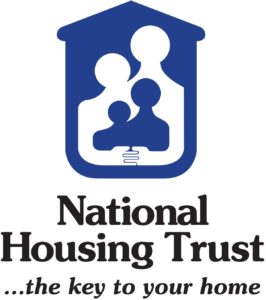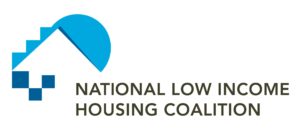Housing & Homelessness
CHN believes that all Americans have a right to safe, affordable, and stable housing.
About CHN's Stance on Housing & Homelessness
The lack of affordable housing for Americans with the lowest incomes is a problem that has become overwhelming. Rents are rising, wages at the bottom of the labor market are flat, and more people are renting their homes than ever before. Yet, the supply of affordable housing has not kept pace. As a result, record-breaking numbers of families cannot afford a decent place to call home. Every state and every congressional district is impacted. The response by the federal government remains woefully inadequate. Federal programs exist to provide affordable housing to Americans with the lowest incomes, but Congress has never agreed to spend anywhere near the amount necessary to address the problem comprehensively. As a result, three-fourths of Americans with incomes low enough to be eligible get no government help paying for housing.
A large and growing number of Americans do not have housing they can afford. In no state can an individual working full-time, year-round at the minimum wage afford a modest two-bedroom rental unit for his or her family. Nationwide, the shortage of affordable and available rental homes for extremely low-income households runs in the millions. Families are often forced to make difficult choices between paying rent and buying groceries or visiting their doctor. In worst cases, they become homeless; it is estimated that over 550,000 people were homeless as counted on a single night in 2017, and that 20 percent of them were children.
Research demonstrates that when people have a safe and affordable place to live, many other problems (such as unemployment, ill health, and lack of food) are lessened. Further, long-term studies show that when rent subsidies allow low-income families to move to neighborhoods with better schools and other advantages, children are more likely to go further in education and earn more as adults, and less likely to get in trouble with the law. Helping people pay rent is particularly effective at improving the economy and creating jobs.
These families are often forced to make difficult choices between paying rent and buying groceries or visiting their doctor. In worst cases, they become homeless. Unaffordable rents lead to too little of everything else because, as sociologist Matt Desmond put it, “The rent eats first.”
Nationwide, the shortage of affordable and available rental homes for extremely low-income households runs in the millions and is on the rise. Homelessness is increasing across the country, leaving more children homeless. In no state can an individual working full-time, year-round at the minimum wage afford a modest two-bedroom rental unit for his or her family. Since 1995, the nation has lost more than 500,000 federally subsidized housing units; today the U.S. is producing very few new units or rental assistance vouchers to address the still growing housing needs of the lowest income households. Research demonstrates that when people have a safe and affordable place to live, many of the other problems (such as unemployment, health care, mental health, and food assistance) demanding government services are lessened. Helping people pay rent is particularly effective at improving the economy and creating jobs.
You can learn more about the positions that CHN takes on various issues reviewing our public policy document.



